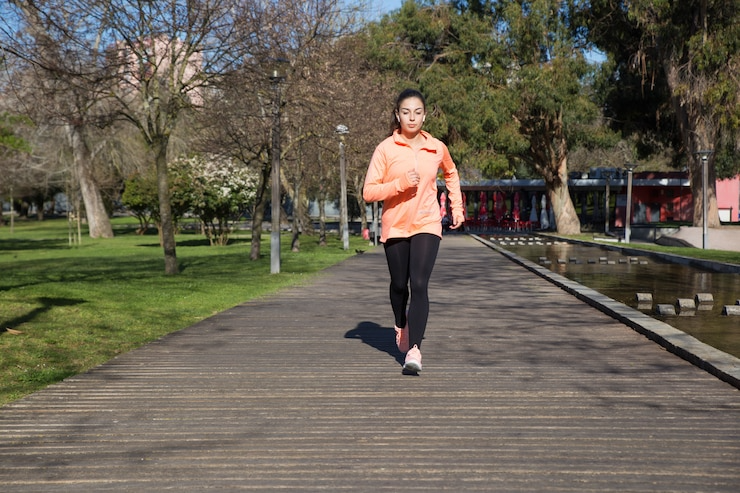We face many challenges in our daily lives that make us stressed, either at work or at home. How do you reduce stress in daily life, which is a significant concern for people going to the office? This blog is your guide to reducing stress and managing your affairs efficiently with a good attitude.
1. How does stress impact our body?
Our bodies have a unique “fight or flight” stress response system to keep us safe under challenging circumstances. Stress hormones flood our systems when we sense danger, changing our bodies.
Our heart and lungs pump harder, our muscles tighten, blood pressure rises, and the release of fat and sugar gives us a surge in energy. This reaction aids in overcoming current threats. Thankfully, when the threat is eliminated, our bodies revert to their typical, calm state.

Unfortunately, if stressful situations become frequent, our stress response can get stuck in “on” mode, leading to chronic problems. This constant stress triggers the immune system to remain continuously activated, resulting in chronic inflammation. This persistent inflammation significantly increases the risk of various diseases, including dementia, heart disease, and stroke. It is necessary to find ways to reduce stress.
The greatest weapon against stress is our ability to choose one thought over another
William James
2. How to reduce stress in daily life?

Incorporating healthy habits into your daily routine is crucial to reduce stress and its potential health risks effectively. Aiming for at least seven hours of sleep each night, prioritizing a plant-based diet, engaging in regular exercise, practicing meditation, and maintaining strong social connections are the best ways to reduce stress. Adopting these healthy behaviors builds resilience – the ability to adapt and bounce back from life’s inevitable challenges, ultimately leading to a healthier and more balanced life.
a. Exercise to reduce stress
Countering the harmful effects of chronic stress is the “relaxation response,” a concept introduced by Harvard professor Herbert Benson. Slower breathing, a lowered heart rate, and reduced stress hormone levels characterize this state.

Fortunately, there are simple ways to trigger the relaxation response. One approach involves practicing slow, deliberate breathing, such as ten deep inhales and exhales. Alternatively, visualization can be used by picturing yourself in a calming environment, like your favorite beach or nestled in nature. Holding this image in your mind for a few minutes allows you to experience its calming effects on your body and mind.
b. Stretching to relax muscles
When stress causes your muscles to tighten, consider stretching for relief. Here’s a simple example you can do while sitting or standing: inhale, raise your arms overhead, and interlace your fingers.

While holding the stretch, exhale and slowly lower your arms back down to your sides. Repeat this gentle stretch three times.
c. Practice a mindfulness
Mindfulness practices can be powerful tools to activate the relaxation response and break the cycle of stressful thinking by bringing your focus to the present moment. It’s a real-time imagery exercise where you actively engage all your senses while doing something calming. For example, while enjoying a cup of tea, you should focus on the warmth of the mug in your hands, the aroma of the brew, and the soothing sensation of the tea as you sip it.
d. Walk for 15 minute
Exercise is a natural way to reduce stress and promote well-being. Aiming for 150 minutes of moderate-intensity exercise each week ( does wonders for your overall health and significantly benefits stress management.

If something triggers your stress, walk fast for 15 minutes. It relaxes you by releasing calming hormones.
e. Reduce environmental noise
Loud noise can be a significant obstacle to both clear thinking and mindful practices. It can easily pull your focus away from the present moment and make concentrating difficult.

If avoiding the noise is not an option, such as in situations with noisy neighbors, traffic, or even housemates or colleagues, consider using earplugs or noise-canceling headphones to create a quieter environment and support your ability to focus and maintain your calm.
f. Positive self-talk
Offering yourself internal praise and encouragement can be a powerful tool for reducing stress.

By using positive affirmations like “You can do this,” “You’re smart and strong, and you’ve overcome challenges before,” or acknowledging your effort with “Even if things don’t go your way, you’re doing the best you can,” you can actively reduce stress and foster a more resilient mindset.
